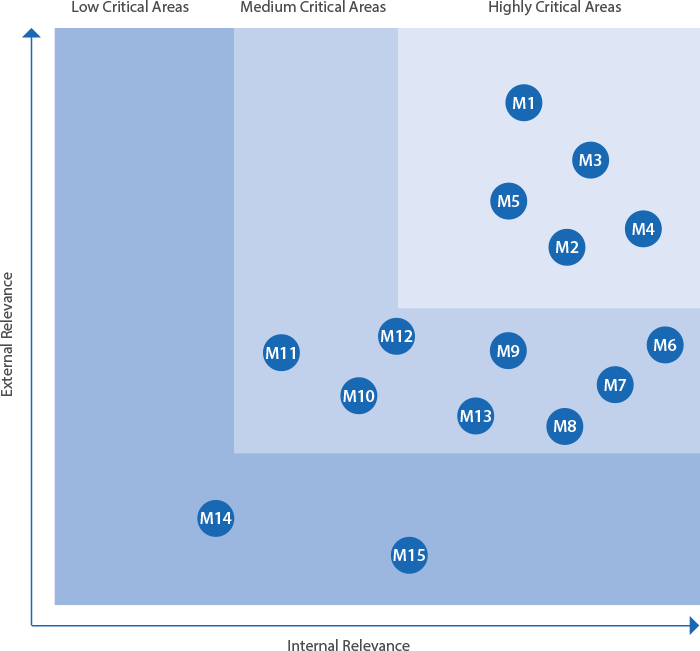 Customer Engagement
Customer Engagement
We constantly engage with customers to meet their needs of value-added products and responsive services. This ensures high customer satisfaction and retention.
 Community Engagement
Community Engagement
We undertake social initiatives globally to drive socio-economic development, protecting the environment and biodiversity and towards supporting the community during emergencies. This ensures business and societal growth and adherence to regulatory requirements, thereby enhancing our reputation among global investors.
 Product Stewardship
Product Stewardship
We, along with our supply chain, are undertaking initiatives to make our operations safer and more sustainable across the value chain (manufacturing, storage,
transport, consumption, disposal and recycling). This enhances our competitiveness and enables us to meet the growing expectations for sustainable products from
regulators and customers.
 Performance Standards for Contractors / Suppliers
Performance Standards for Contractors / Suppliers
We have robust processes (conducting audits and sustainability assessments) to onboard contractors, suppliers and partners having appropriate skills and following robust practices. Further, we support them in building robust systems. This enables us to execute operations efficiently and ensures win-win relationships.
 Spills
Spills
We follow global best practices for product handling, storage, transportation and distribution. We also encourage and train our distribution value chain to adopt similar practices. We have put systems to track and assess incidents related to product spills, transport accidents and product and packaging quality. This prevents serious
incidents and protects our reputation.
 Diversity
Diversity
We undertake programmes such as Tata LEAD and Tata Affirmative Action alongside employment, entrepreneurship and education initiatives to drive diversity across race, sex and age. Presence of diverse perspectives is enabling problem-solving and innovation across the organisation, positioning us to grow global operations.
 Ethics and Governance
Ethics and Governance
As a Tata Group company, we have high standards of ethical practices. We ensure integrity and ethical practices across all our dealings as well as those involving our supply chain partners who are required to follow practices on human rights, antibribery and anti-corruption. We are constantly improving our governance framework and policies by benchmarking to best practices and creating awareness of the Tata Code of Conduct.
 Employee Engagement
Employee Engagement
Our people focus on nurturing their passion and commitment through multiple wellness, learning and development, engagement, building team management skills, reward and recognition initiatives. We encourage cross-geography and cross-functional deputations to rejuvenate enthusiasm. These initiatives make us a great place to work with high level of employee engagement and satisfaction index, resulting in higher work productivity to achieve desired goals together.
 Identifying
material issues
Identifying
material issues  Evaluating
current status
Evaluating
current status  Mapping
ambitions
Mapping
ambitions  Identifying
critical and key
action areas
Identifying
critical and key
action areas 












